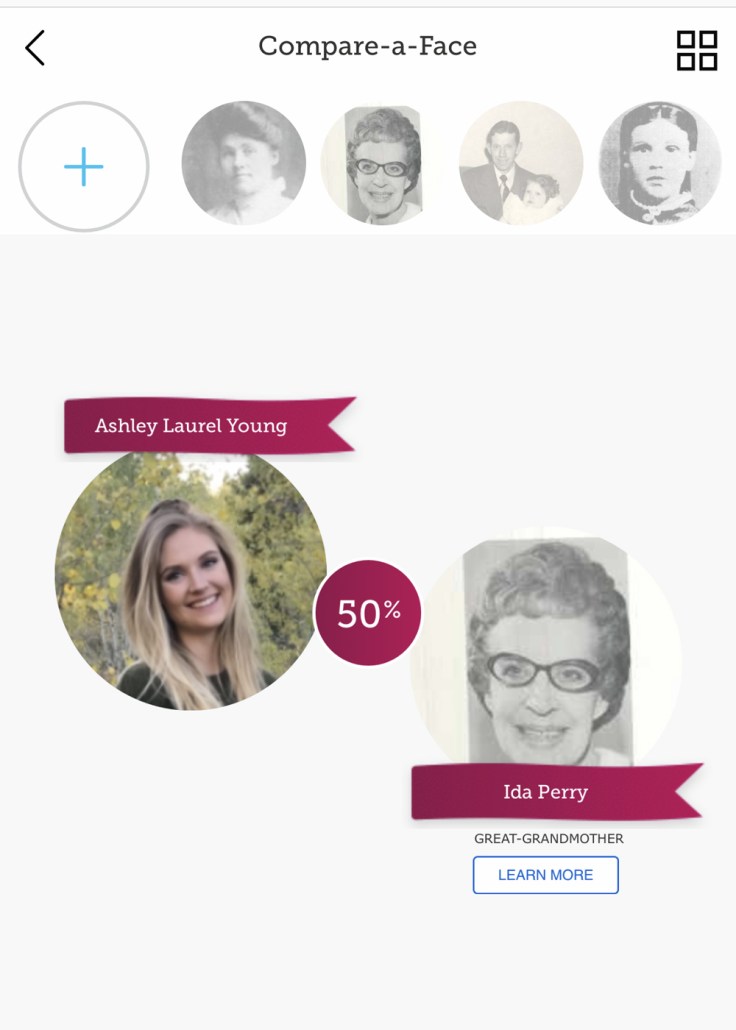Have you ever scrolled through those celebrity look-alike articles
and wondered, “Who out there looks just like me?” Or maybe you’ve done a
double-take when you did see someone who looked just like you—and you
wondered, how could that be possible?
We often call these “look-alikes” doppelgängers, a German term that means “double-walker.” In old German folklore, living creatures were believed to have a spirit double—something distinct from ghosts, but still supernatural—that were sometimes seen as spiritual opposites or “evil twins” to the living individual. However, today “doppelgänger” is a generic term we use for the (most likely) harmless look-alikes we stumble across in everyday life.
Do You Have a Doppelgänger?
How likely is it that you actually have a doppelgänger? According to one study, the likelihood of two people sharing the exact facial features is less than 1 in 1 trillion. Put another way, there is only a one in 135 chance that a single pair of doppelgängers exists on our planet of more than 7 billion people.
However, these odds apply only if we are being exact about the
measurements of a person’s facial features. The thing is, our brains don’t work
like algorithmic facial recognition software; we don’t look at someone’s facial
features in isolation from one another. Instead, our minds recognize people’s
faces as a “sum of parts”—that is, we take in the whole face at once and don’t
get caught up in millimeter measurements of someone’s ears or nose.

With that in mind, we can look at two people with the same
hair and eye color, similar face shape and smile, and consider them doppelgängers
because they look mostly alike. You’re far more likely to find this kind
a pseudo-doppelgänger
in your life than you are an exact replica.
An Easy Way to Find Your Doppelgänger

You probably have someone out there who looks eerily similar
to you, and that person is probably closer than you think! In fact, because of
your shared genetics, you are more likely to look like distant cousins and
ancestors than a total stranger. The question then is, who do you look most
like?
There’s a way to find out quickly! If you’ve ever wondered if you look more like Mom or Great-grandpa, FamilySearch’s Compare-a-Face can tell you. Using facial recognition software, you can upload a photo of yourself and compare it to family members, including great-great grandparents and distant relatives. This activity can help you find your doppelgänger in just a couple clicks!
Here’s how to do it:
- Go to FamilySearch’s Discovery page, and click Compare-a-Face. You’ll be prompted to sign in to your FamilySearch account. If you don’t have an account, you can make one here.
- Upload or take a photo of yourself that you want to use to compare faces.
- If you don’t have photos of your family uploaded, the next page will prompt you to either upload a file or take a photo to compare your face to. Or, if you have photos already uploaded to your Family Tree, you will be taken to a page that shows a list of relatives and a percentage of how similar you look to them. Click through these images to see who your family doppelgängers are!
If you haven’t uploaded your family’s photos to Memories
or your family tree, FamilySearch will not have photos to compare your face to.
If you just made an account or you need to upload more information, start by adding
the first four generations to your tree. Sometimes, once you have linked up
to a deceased relative, your tree will automatically have information that
other people have added about your family, including images. You can also quickly
and easily upload photos of your ancestors.
Source: Family Search
Be First to Comment